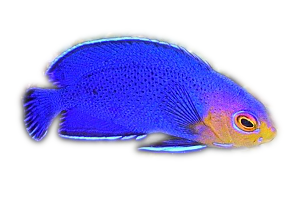
By Bob Goemans

Not Reef Tank Suitable
Not Suitable for Fish-Only Tank
Range: Europe, Atlantic Islands, North America, Central America, Caribbean Islands, South America, Africa, Asia, Australia, New Zealand, Pacific Islands, Indian Ocean Islands.
Natural Environment: Grows in most nutrient-rich shallow reef environments, attached to rocky substrates and areas of dead coral, and in seagrass areas.
General Husbandry: Seem to attach themselves in rock crevices or depressions where nutrients tend to collect. They grow well under various lighting intensities and even do exceptionally well in aquariums with very low bulk water nutrients.
Unfortunately when their membrane-like wall material wears out or ruptures, internally forming new cells/bubbles are released and can rapidly spread throughout the system. It's always more wise to remove the object they are growing on and scrape it off outside the aquarium if at all possible. Otherwise, with great care while in the aquarium, try to remove without breaking them! And for more info, recommend reading my book 'The Living Marine Aquarium Manuel' (Chapter 12) also posted on this website.
Potential Control Species: Fish: Acanthurus japonicus, Acanthurus nigrofuscus, Acanthurus olivaceus, Ctenochaetus hawaiiensis, Ctenochaetus striatus, Naso brevirostris, Naso lituratus, Zebrasoma desjardinii, Zebrasoma flavescens, Zebrasoma scopas, Zebrasoma veliferum, Zebrasoma xanthurum, Siganus corallinus, Siganus guttatus, Siganus magnifica and Siganus vulpinus
Crabs: Percnon gibbesi, Mithrax sculptus
Urchins: Diadema setosum
Taxonomy:
Kingdom: Plantae
Phylum: Chlorophyta
Class: Ulvophyceae
Order: Siphonocladales
Family: Valoniaceae
Genus: Valonia
